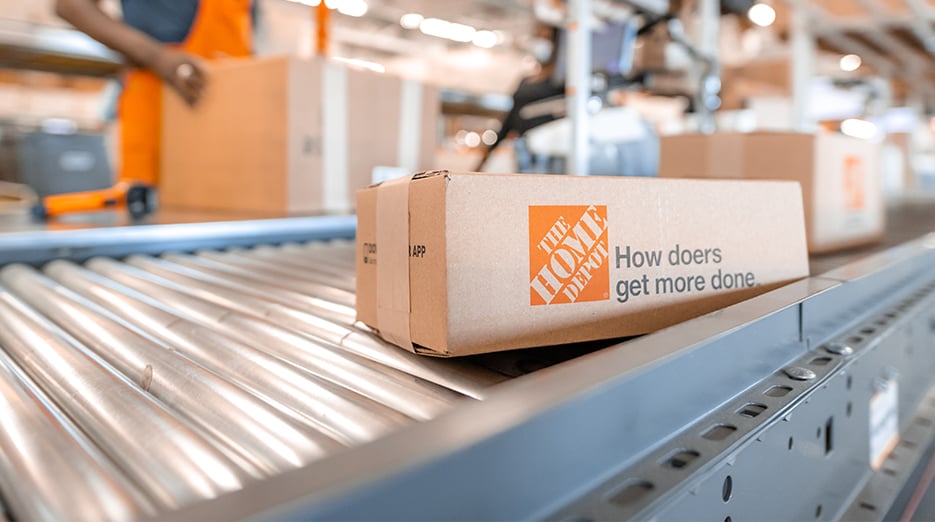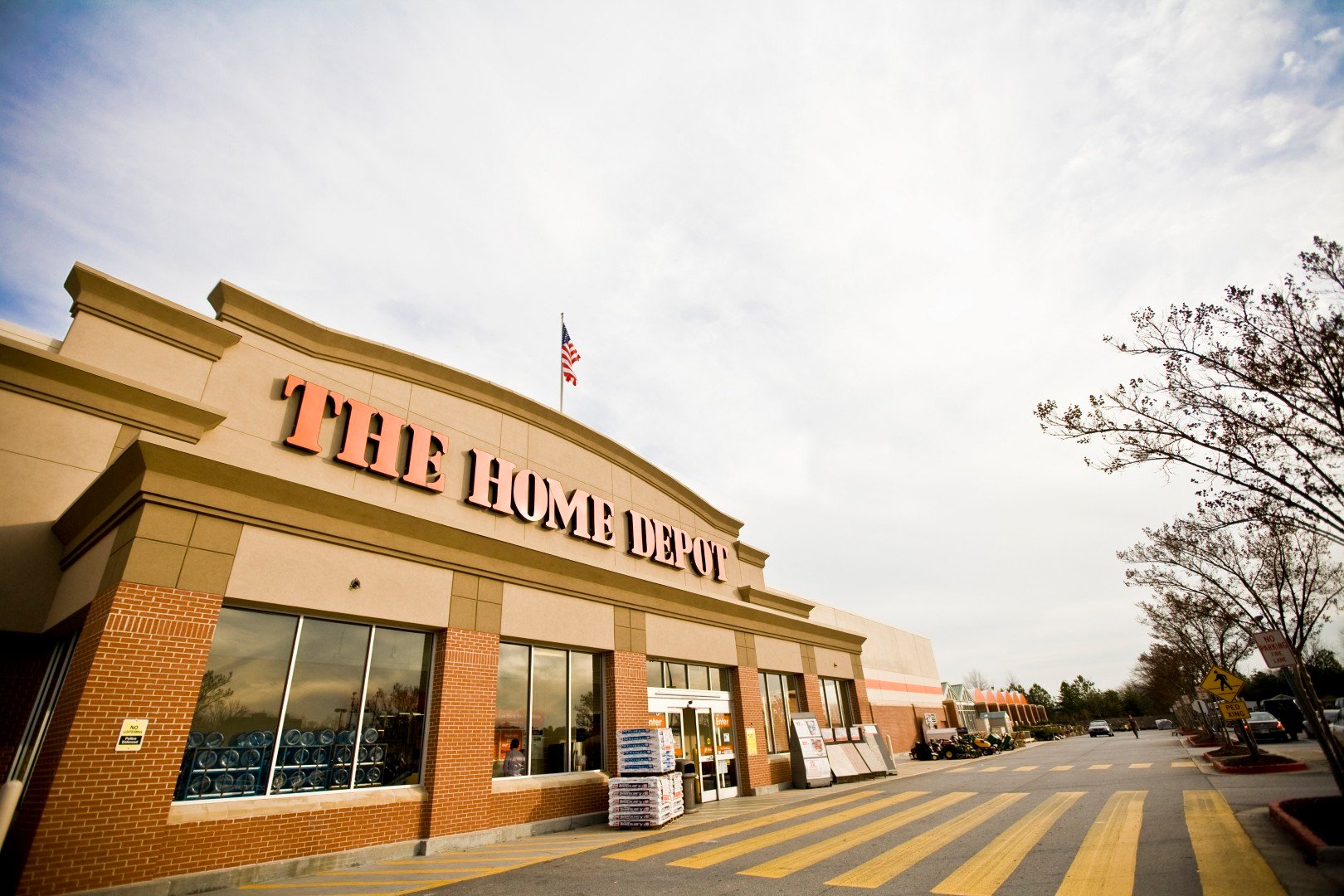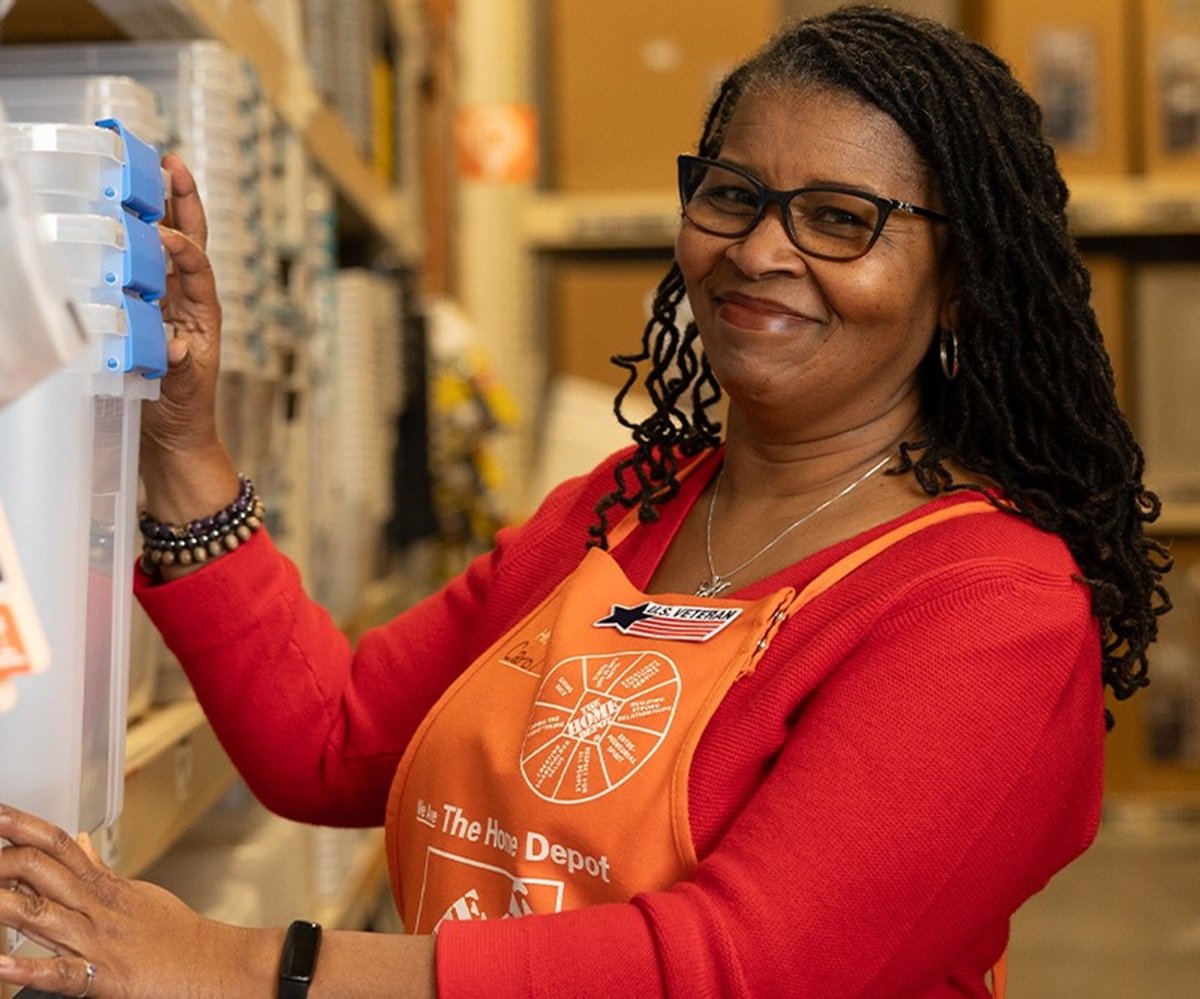This series, brought to you by Yahoo! Finance, looks at which upgrades and downgrades make sense, and which ones investors should act on. Today, our headlines feature improved price targets for home-improvement retailers Lowe's (LOW +1.24%) and Home Depot (HD +1.26%). But it's not all good news. So before I get to those two, let's take a quick look at why...
Cree is crumbling
LED lighting specialist Cree (CREE +0.00%) reported fiscal fourth-quarter and full-year 2013 earnings last night. Revenues for the year leapt in comparison to 2012 levels. Profits nearly doubled to $87 million, punctuated by an astounding 156% increase in earnings per diluted share in the fourth quarter.
And yet, analysts are focusing on none of that. What they are focusing on is the fact that Cree only met expectations for earnings last quarter, and has walked back its guidance for the coming fiscal first-quarter 2014 significantly. Cree now predicts that fiscal first-quarter revenues will range between $380 million and $400 million, with pro forma profits maxing out at $0.41 per share -- at least $0.02 short of analyst expectations ($0.43), and with the further possibility of missing by as much as $0.07.
Analysts are not pleased. Indeed, already D.A. Davidson and Northland Capital have announced downgrades to various flavors of "neutral." Needham & Co., while still bullish on the shares, cut its price target on Cree to $74. But are all of these analysts right to be so pessimistic?
As a matter of fact, yes, they are, for while things aren't quite as bleak as they may seem at Cree, they are certainly bleak enough. Last year, Cree generated $187 million in free cash flow, more than twice its reported GAAP earnings of $87 million. This means Cree isn't quite as expensive as its 81 P/E ratio might suggest. However, at nearly 38 times free cash flow, Cree shares do look pretty pricey relative to consensus expectations of 16.5% long-term profits growth at the company.
Long story short, even at a share price 20% cheaper than what it fetched 24 hours ago, Cree still isn't cheap enough to buy.
Happy days are here again (for some)
Moving on now to happier news, at the same time as Wall Street was walking back expectations for Cree, at least one analyst was becoming more optimistic about Home Depot and Lowe's.
This morning, analysts at Telsey Advisory Group announced they were raising their price targets on the two big home-improvement retailers, and by $2 apiece. Telsey, which does not have an official buy/sell recommendation on either stock, nonetheless thinks that Home Depot shares should be worth $88 dollars apiece a year from now; Lowe's, Telsey prices at $48. But is Telsey right about that?
Let's find out.
At first glance, priced at just under 25 times earnings, and paying a 2% dividend, Home Depot shares look expensive for the 15% growth rate that Wall Street thinks it will produce over the next five years. Similarly, Lowe's projected 17% rate of growth looks too slow to justify that stock's 26 P/E ratio -- even with its 1.6% dividend yield. But it's on second glance that you find out which of these stocks is the better bargain.
You see, according to its cash flow statement, Home Depot actually generated quite a bit more real, cash profits from its business than its GAAP income statement lets on. Over the past 12 months, Home Depot's FCF number amounted to $5.8 billion -- or about 23% more than its $4.7 billion in reported earnings. Lowe's, meanwhile, is also showing superior free cash flow -- just not as superior as Home Depot's. Lowe's free cash flow for the past year, which amounted to $2.2 billion, exceeded reported net income by 12%.
As a result, when valued on its cash profits, Home Depot actually doesn't look all that horribly overpriced today. The stock trades for 19.5 times free cash flow -- still a bit pricey for 15%-plus growth and a 2% divvy. But then again, perhaps the nation's biggest pure-play home improvement retailer deserves to trade for a bit of a premium. Lowe's, in contrast, still costs north of 20 times free cash flow (22 times, to be precise), which seems a less attractive valuation for its growth and dividend rates.
Long story short, I disagree with Telsey that these shares are going to rise in value. I still think both stocks are somewhat overpriced, and will need to see a pullback in their share prices before I could recommend either. But when that pullback happens, it's Home Depot I'll be looking at first, as the more attractive candidate to invest in.
Fool contributor Rich Smith has no position in any stocks mentioned. The Motley Fool recommends Home Depot and Lowe's. Try any of our Foolish newsletter services free for 30 days. We Fools may not all hold the same opinions, but we all believe that considering a diverse range of insights makes us better investors. The Motley Fool has a disclosure policy.







